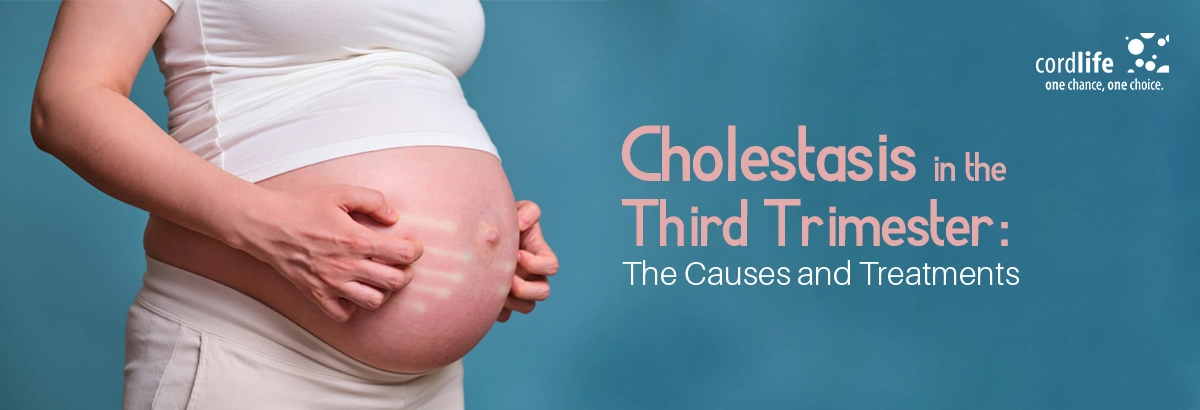Table of Contents
Nausea, swelling, tiredness, depression, and anxiety in pregnancy are undeniable.
But, OMG! You scratch your hand! You rub your feet. Eew! Now scratch all over the body. Such symptoms are the symptoms of intrahepatic cholestasis of pregnancy (cholestasis during pregnancy), a rare challenge that occurs later in pregnancy.
Intrahepatic Cholestasis in Pregnancy???!!!
The liver produces bile to break down fats from food so you can digest them. But, if the liver malfunctions, the bile reaches a level causing cholestasis in pregnancy. So, cholestasis in pregnancy is a liver function that makes your body itch during the 3rd trimester.
Hands and feet itch first, then the rest of the body. The condition might get worse at night. However, you won’t get rashes. In addition to itching, cholestasis symptoms include nausea, depression, loss of appetite, and foul-smelling stool.
Do You Know What Causes Itching During Pregnancy?
The real reasons are still under research. But, hormonal and genetic factors are some of the biggest contributors.
The Work of the Hormones
Oestrogen and progesterone play a powerful role in pregnancy. A rise in hormone levels is also responsible for cholestasis in pregnancy. Your hormone levels rise as you progress through your pregnancy and slowly approach your due date. Sometimes it slows down bile production in the liver. Liver acids build up as bile flows through the tiny ducts. When it enters the bloodstream, the skin itches.
The Genes Come Along
A pregnant lady may inherit it from her family. The chances of getting this condition aren’t high, but they are certainly there if any of your family members have suffered from it before.
This condition is more common in women who are pregnant with twins or more, or who are older than 30 or 35.
There is a solution to every problem. So does cholestasis during pregnancy.
How Do We Treat This Condition?
Itching generally disappears after giving birth to your baby. However, seeing your prenatal healthcare provider is essential! As part of this treatment, the doctor might recommend blood tests to check the level of bile acids in your blood. Apart from the prescribed medications and wayouts, you can try the following:
- Wear loose-fitting, comfy, and soft clothes.
- Get a cold and warm compress done.
- Apply a mild moisturiser across your body.
- Eat healthy. Try not to include oily foods in your pregnancy diet. The cholestasis diet should consist of lean meat, fruits, and veggies during pregnancy.
This is a rare challenge during pregnancy. Only 1 to 2 out of 1000 pregnancies suffer. However, understanding the reasons and treatment options can help you deliver a healthy baby.
